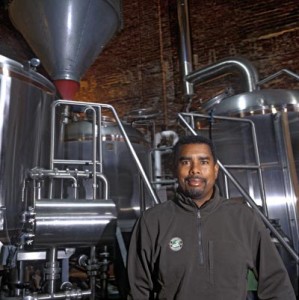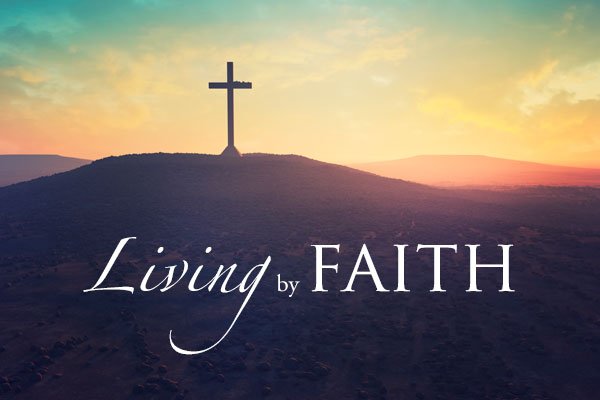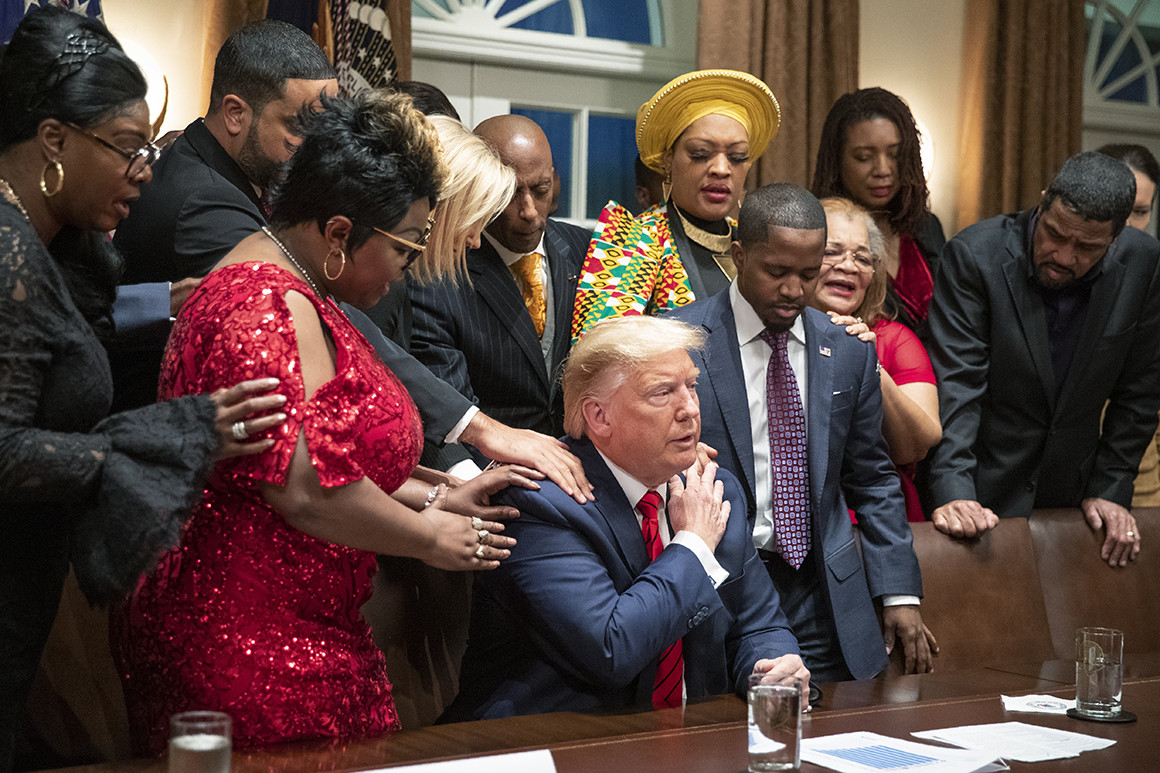(ThyBlackMan.com) America’s only African-American brewer wants you to stop thinking of beer as just a “cold one.”
Garrett Oliver wasn’t looking to start a revolution; he just wanted a good beer.
Oliver’s interest is not so unusual by today’s standards, when high–caliber, micro-brewed beer can be found at convenience markets, and nearly every major city can tout a craft brewery as a local icon. But Oliver’s quest began in the mid-‘80s, when the beer landscape in America was a veritable wasteland.
Oliver had traveled to Europe after college and enjoyed the finest European beers. He was shocked upon returning to his native New York City to find how few of Europe’s finest brews made it to the shelves in his local markets.
“It was the Wonder Bread and frozen-food era,” he recalled during an interview at the Brooklyn Brewery, where Oliver is brewmaster. Brooklyn is one of the largest craft breweries in America, and it is about to launch an ambitious expansion. Oliver is not just the leading African-American  brewmaster, he is also one of the leading authorities on beer in the world. His book, The Brewmaster’s Table (Ecco) is widely regarded as one of the cornerstone books on beer. He was one of the founding members of Slow Food USA, the American branch of the Italian organization that aims to celebrate food made by traditional methods. He recently spoke about the brewery on Gary Vaynerchuk’s Web show, Wine Library. On the day we spoke, Oliver was leaving for Italy on business; he was just back from Brazil.
brewmaster, he is also one of the leading authorities on beer in the world. His book, The Brewmaster’s Table (Ecco) is widely regarded as one of the cornerstone books on beer. He was one of the founding members of Slow Food USA, the American branch of the Italian organization that aims to celebrate food made by traditional methods. He recently spoke about the brewery on Gary Vaynerchuk’s Web show, Wine Library. On the day we spoke, Oliver was leaving for Italy on business; he was just back from Brazil.
Twenty-five years ago, Oliver’s present work must have seemed like a pipe dream. He studied to become a filmmaker and was working at HBO. By his own admission, he was incessantly complaining to friends about how the Americans concept of beer was a “cold one.” One of those friends bought him a home-brewing kit and within months Oliver had organized the New York City Home Brewer’s Guild. In the late-‘80s, the Manhattan Brewing Company, a large brew pub, opened in lower Manhattan and brought in a leading brewmaster from England. Oliver abandoned his dreams of making film and became an apprentice brewer. He quickly rose to brewmaster; then as the brew pub hit rocky times in the early-‘90s, he moved to the brand new Brooklyn Brewery.
Brooklyn Brewery fast became a major player on the American craft brewing scene. The beer is sold in 24 states and 14 countries mostly due to a careful expansion plan. “We don’t want our beer to be furniture in some store’s refrigerator case,” Oliver explained with a chuckle.
Brooklyn Brewery’s signature Lager is widely imitated by many small breweries. The Brooklyn East India Pale Ale defies trends toward overly hopped American pale ales. The brewery also makes a fine Pilsner and Brown Ale, and a small array of seasonal beers highlighted during the winter by their Black Chocolate Stout, a dark beer with a flavor well-described by its name, and Monster, a strong barleywine ale. Those are all brewed in such quantities that far outstripped the capacity of the Brooklyn facility, so their production was contracted out to a brewery in Utica, N.Y.
The home base is now used for a line called Brewmaster’s Special Reserve, and its production has been impressive. Local One and Local Two are contrasting ales. One is light and citrusy; Two is heavier and darker, highlighted by overtones of roasted chestnuts and honey. Their Black Ops, a Russian style stout that is aged in bourbon barrels has been all the rage at Beer Advocate and Beer News.
Last year, the brewery collaborated with the famed Schneider Brewery in Germany to create the floral Hopfenweiss and as Oliver gives me the nickel tour of the brewery, enthusiasm rises in his voice about a new beer done in collaboration with a Japanese brewery. “The hops are unique,” he said. “It will have a finish reminiscent of lemon verbena.”
Oliver is a man of medium height and medium build with strikingly square shoulders and features. He speaks with the zeal of a man who followed a passion 25 years ago and wound up with a career that takes him all over the world. When I asked him how he stays trim, since his schedule seems to leave little time for the gym, he responded, “There is no food in my house that doesn’t have to be cooked—no easy snacks.”
It hasn’t escaped Oliver’s attention that he is the only black brewmaster in America. His enthusiastic ramble slows a bit when the subject of why there are so few black beer geeks comes up. He attributes some of it to class issues. “So many of us are just getting to mainstream economic status,” he said. “Activities of genuine leisure won’t be far behind.”
The genuine leisure Oliver refers to isn’t drinking beer, which doesn’t require much of an investment, it is travel. He figures most beer fanatics caught their passion in Europe. “Just look at how few Americans have their passport [even generous estimates put it at one in three]; it’s even worse in the African-American community.”
He also noted the success of Heineken’s marketing campaign toward the African-American community. “Heineken is like a Cadillac,” he said, noting that it’s a good car but that people who treated it as a great car were showing what they don’t know as much as what they know. Oliver expects that in a generation, black craft beer brewmasters will begin to mirror the African-American presence in the population at large.
It’s more than a quarter century old, but the craft-brewing movement in America is still in its infancy. These beers occupy less than 5 percent of total beer sales in America, but it’s a growing segment. Oliver proudly trumpets growth numbers for Brooklyn Brewery of 25 percent, an especially robust figure in these recessionary times.
“It’s inexorable,” he exclaims. “Once people drink truly good beer, there’s no going back.” Looking at the larger picture, he boasted, “we’re changing the culture. This isn’t a trend or a fluke. The era that preceded this, the industrial food era when food was turned into plastic, was the fluke. What we’re doing is a return to normality.”
Written By Martin Johnson




















FYI, Mike Anderson of Anheuser Busch Inbev is a young African American Brewmaster in Jacksonville, Florida. Also, approximately 6 years ago, Will Allen was the Brewmaster at Anheuser Busch’s Brewery in Merrimack, New Hampshire according to my husband who is a beer “Geek”.
Love me some Heineken’s. My husband collects beers from all over the World. We will definitely check out the Brooklyn Brewery the next time we’re in New York.
I love stories such as this one. I am not a beer drinker, but I am excited to see this brother making his mark and doing what he loves.